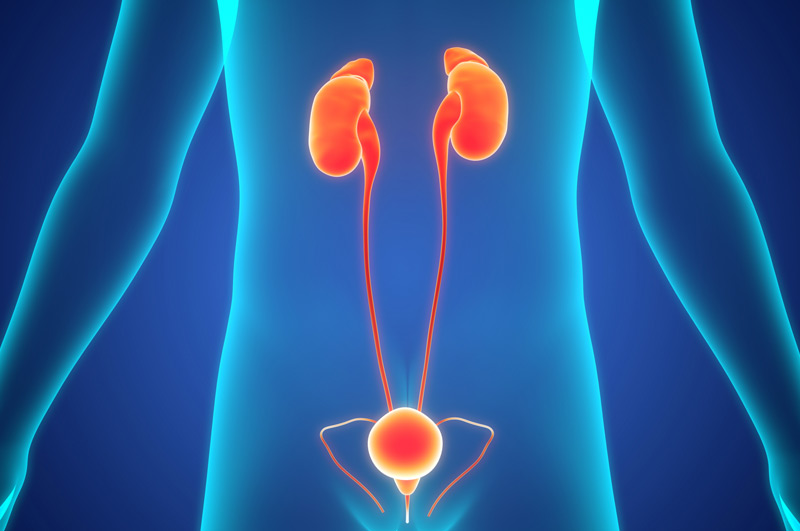Recurrent urinary tract infections (UTIs) can result from reinfection or a persistent infection. A recurrent UTI is defined as having three episodes within a year or two episodes within six months.
Risk Factors for Recurrent UTIs
The risk of UTIs varies with age. Before menopause, sexual intercourse and the use of spermicides increase the risk, as intercourse raises bacteria levels in the bladder, and spermicides reduce beneficial Lactobacilli in the vagina. Post-menopause, the natural decline of Lactobacilli and weakened bladder contractions, which make complete emptying difficult, increase UTI risk. A family history of frequent UTIs is another risk factor.


Symptoms of a UTI
Symptoms of a UTI in the urethra and bladder include:
- Urinary incontinence
- Lower back pain
- Blood in the urine
- Pain during sexual intercourse
- Unusual discharge
- Pain or burning during urination
- Difficulty urinating
- Irritated urethra
- Foul-smelling or cloudy urine
- Frequent need to urinate
- Strange sensations or pelvic pain
Symptoms of an upper UTI (kidneys) include:
- Nausea
- Vomiting
- Fever and chills
- Pain in the upper back or side
Diagnosing UTIs
Women may experience UTI symptoms but receive a negative test result due to reasons such as:
- Unique urinary microbiome and unsterile urine
- Pathogens do not present in the urine sample
- Multiple pathogens causing the infection
- Bacteria that don’t grow in standard cultures
- Overlooked white blood cells in urine
- Ineffective standard tests for lower UTIs
- Contaminated urine samples
More effective UTI tests include:
- Next Generation Sequencing for fungi, bacteria, and parasites
- Deep Metagenomic Sequencing for a comprehensive pathogen identification
- Pooled Antibiotic Susceptibility Testing to determine antibiotic sensitivity
- Expanded Quantitative Urine Culture (EQUC) for testing larger urine volumes and different conditions
- Fresh Sample Urine Microscopy Test for identifying various red and white blood cells, fungi, bacteria, and epithelial cells

Treatment for Recurrent UTIs
Low-dose antibiotics can treat recurrent UTIs but may lead to antibiotic resistance. Women can try different approaches to taking these after consulting with their doctor, such as taking antibiotics after sex, using a low daily dose for an extended period, or waiting for UTI symptoms to present before taking antibiotics. Using the right antibiotic is crucial for effectiveness and minimizing side effects.
To reduce UTI risk, patients can empty the bladder after sexual intercourse, use non-spermicide contraception, consider vaginal estrogen therapy post-menopause, and drink water regularly.
Choose UCI Pelvic Health Center
If you’re struggling with recurrent urinary tract infections (UTIs), the UCI Pelvic Health Center is here to provide expert care and effective treatment. Our dedicated team specializes in diagnosing and managing recurrent UTIs, using advanced diagnostic techniques to identify the root cause and tailor a treatment plan just for you. We understand the impact frequent UTIs can have on your daily life and are committed to helping you find relief and prevent future infections.

